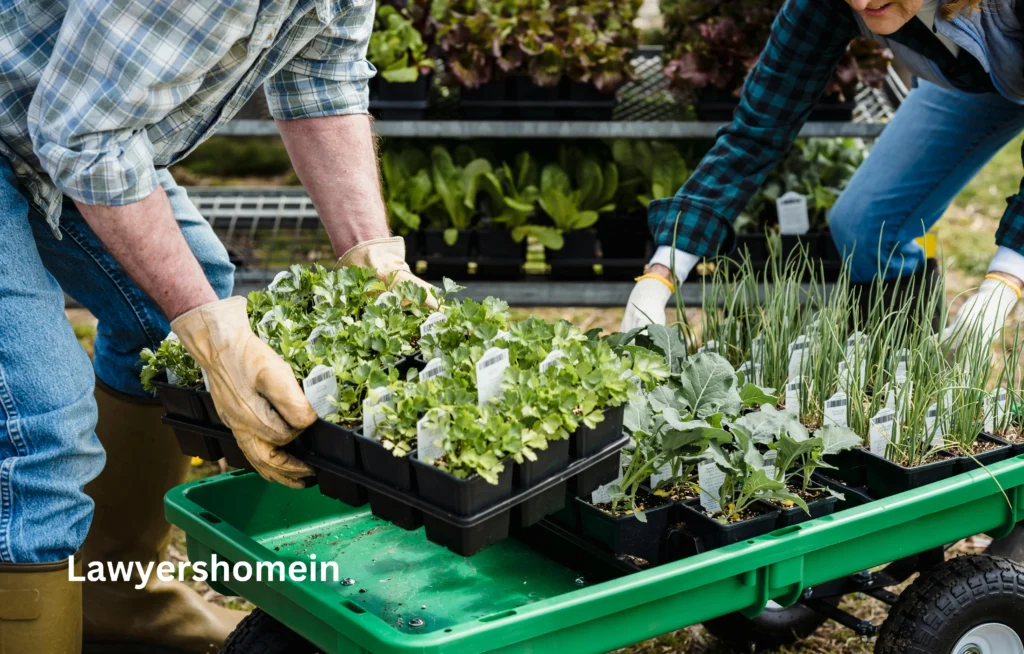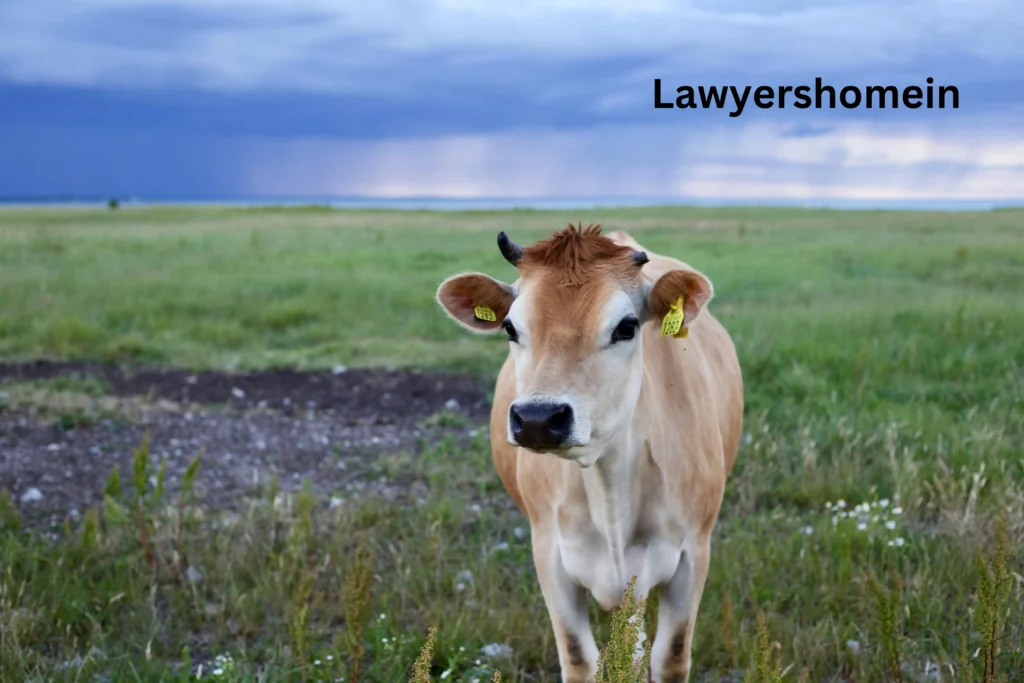An agricultural lawyer specializes in the complex and evolving field of agricultural law, addressing a diverse range of issues impacting farmers, agribusinesses, and landowners. These legal professionals offer expert advice on matters such as land use and zoning, environmental regulations, water rights, and agricultural finance. They are adept at navigating the intricacies of farm leases, crop insurance, and agricultural subsidies, ensuring compliance with federal and state laws. Agricultural lawyers also represent clients in disputes involving property rights, contract breaches, and environmental violations.
Their role extends to advising on estate planning for farm families, facilitating smooth transitions of farm ownership across generations. In an era of increasing regulatory scrutiny and environmental challenges, agricultural lawyers play a crucial role in helping clients mitigate risks and capitalize on opportunities within the agricultural sector. They stay abreast of legislative changes and emerging trends, providing strategic guidance to ensure sustainable and profitable farming operations. Whether addressing the legalities of agribusiness mergers or defending against nuisance claims, agricultural lawyers are essential advocates for the agricultural community, dedicated to preserving the industry’s integrity and fostering its growth.
Introduction to Agricultural Law
Agricultural law is a member of the larger family of environmental/ natural resource law and relates to the rules governing the use of various inputs in farm production, farm business organization and legal issues affecting rural populations. This specialized area encompasses a combative scope of subject matter areas such as land use or the environment, labor relations, food safety, and trade. In these contexts, agricultural lawyers play a crucial role of legal consultants and legal representatives having the ability and capacity to prevent developments and also seek to pursue those that are legal and in the best interest of agricultural entities and players.
History and Evolution of Agricultural Law
Agricultural law has had its origins many centuries before the beginning of civilization and is the mirror image of the changes in agriculture as well as societal development. Remedial legal arrangements as to meet the basic needs of the early agricultural societies focused on property rights like land and water.
In time, new legal systems were developed to suit agriculture and as agriculture changed so did required laws and their corresponding system of regulation. The current agricultural law, therefore parameterized by the addition of statutes, regulations, and legal judgments at the local, state, national, and global level concord to the present requirement of the agriculturists.

Key Areas of Agricultural Law
The areas of agriculture that becomes regulated through the legal systems of the countries form parts of agricultural law and their subtopics have their unique challenges. It concerns the right to utilize the land as well as the type of development to be put on an agricultural land and it ensures that the rights of farmers, conservationists and urban planners are protected.
This branch of law regulates water which is an important resource used for irrigation, livestock drinking and processing of foodstuffs. Environmental standards prescribe guiding policies and measures on pollution, conservation of environment, including the habitats and resources thus affecting the Agricultural operations sustainability and Legal Checklist.
Land Use and Zoning
The physical arrangements of rural areas or the agricultural land use and zoning will depend on the policy frameworks in the specific country. These laws define how a parcel of land can be exploited and developed for various uses, which factors include agricultural zoning, standards of subdivision, farm yard and rural businesses. Agricultural lawyer’s help clients acquire a permit, challenge or deal with an ordinance violation, perform a zoning analysis or negotiate how a farm will fit into a community or region by mediating the use of land.
Water Rights
The legal framework under which water is distributed and used is referred to as the water rights law which is keen on water necessary in agriculture. In arid and semi-arid areas of the world where water is scarce or even potentially insufficient to meet the needs of consumers, water rights may be governed by legal and institutional frameworks and systems of water allocation.
In these cases, agricultural lawyers assist them to acquire and defend their rights on water usage, to meet legal and policy compliance and negotiate on bills and acts concerning water usage or conservation. They also advocate for clients in water-use conflict and distribution, which mean people will be accorded a fair shot when using this valuable commodity.
Environmental Regulations
They are laws framed to ensure that a particular environment is shielded or conserved in some way or other and that pollution levels are kept at a tolerable level possible and that farming or other such activities are conducted responsibly. Many farms are required to meeting legal requirements in areas such as air and water quality, disposal of waste, application of pesticides, and ecosystems conservation. An example of agricultural lawyers is the ones who specialize in advising their clients on compliance with the law, obtaining necessary permits for environmental concern, and those who take part in enforcement proceedings and lawsuits that have to do with environment.
Agricultural Subsidies and Government Programs
Aid and other programs of government assisting agencies fund and support agricultural producers to regulate the markets, hedge and retain cash. Specialists in agricultural law must guide their clients on how to proceed as to the IG requirements, and help in the completion of papers and contracts, as well as in the drafting of legal documents such as needed signatures needed to be signed, and to act on behalf of agricultural clients in judicial legal matters against government entities. These organizations also track every change in the legislation and regulations relating to the subsidy programs and participate in advocacy for suitable legislation and regulations that would be advantageous to their clients.
Crop Insurance
Crop insurance is among the most important risk stabilizers in securing crop production against climate and pest related risks and these are the topics of this paper. In crop insurance matters, the agricultural lawyers make sure as to which powers out of the policy have been lawful considering a specific case or loss to their client. They also handle legal matters concerning individuals and legal persons against insurance companies and government for loss incurred through crop failure.
Farm Labor
Farm labor laws apply to the agriculture sector and deal with rights and allowances of the employees and employers; these can pertain to wages paid, working hours, use of juveniles, and protection of employees. The roles of agricultural lawyers Comp & legal advice, Labor & regulations, Employee & immigration contracts & legal process, and Litigation with labor laws. They also provide training and information relevant to the agricultural industry employers in a bid to assist them notice policy and safety measures for employees.

Food Safety and Regulation
Food safety regulations sought to safeguard consumers from diseases caused by consuming contaminated foods, as well as to guarantee the quality and durability of the foods provided to the consumer. This careers information covers the legal field of agriculture which involves the work of agricultural lawyers in training food producers, processing and distributing companies on how to meet food safety standards, labeling and examination rules.
They help clients to set out food safety management plans and food safety policies as well as help the clients to respond to food safety regulatory agencies, food safety inspections and food safety recalls. When there is a food safety scandal or legal action against the food producer, agricultural lawyers act on behalf of their clients and companies in the investigations, trials, and appellate procedures.
Animal Welfare
Animal rights laws concern the use of animals in agriculture, science, lab and in other forms of animal industries. These laws set certain rules of how animal has to be treated, fed, transported as well as how an animal has to be put to sleep without any pains.
Those lawyers who specialize in agricultural law provide advice to the clients on compliance with animal welfare legislation, help to review animal welfare legislation and act on behalf of the client in matters of animal welfare investigation and litigation. They also explain the best practices within industries and other trends relating to animal welfare, which is useful in ensuring the clients are able to maintain acceptable standards in the handling and management of animals.
Agricultural Marketing and Trade
Agriculture marketing and trade laws consist of the regulation of marketing of agriculture produce, labeling of agriculture produce and international agreements and controversies concerning agriculture imports and exports. Agricultural lawyers assist their clients with the legalities of marketing and labeling, contract negotiability with buyers and distributors, and of any disputes that may arise out of agricultural trade.
They represent farmers and exporters on issues to do with legal issues on imports and exports, tariffs, and trade agreements, so as to facilitate the free and efficient movement of agricultural products both in the domestic and international markets. Agricultural lawyers also speak on behalf of their clients in trade deliberations and litigation aimed at dismantling trade restrictions and retailing and distributing agricultural products that are both suitable for producers and consumers.
Conclusion about Agricultural Lawyers
Therefore, agricultural law is a broad and expanding legal field that deals with mainly the legal, policy and scientific fields of agriculture. AN area that has evolved to address the present day concerns of growers and producers is the agricultural law covering a wide ranging area of concern to growers and producers including; land use legislation, water rights legislation, environmental legislation and labor legislation.
The agricultural lawyers have the legal mandate of providing legal services in form of legal advice and legal representation to farmers, producers, agriculturists , businessmen and other individuals, companies, organizations or institutions engaged in agricultural. Many challenges make the farmers who take part in the agricultural business encounter various legal issues and difficulties regarding land acquisition or zoning or concerning environmental/food safety regulation among others hence the need for agricultural lawyers.
They assist their clients to understand the legal complexities and to steer them away from tricky issues as they strive to achieve their business entities’ goals as far as acquiring and managing farmlands and other agricultural businesses. They are also involved in policy formations of policies as well as being advocates in support of policies and programmers that advances agriculture and the development of the backbone of the economy, the agriculture sector and natural resource conservation with appropriate ethical standards.
Despite this particular approach to sub-scopes of agriculture may evolve over time due to technology, operation in the market, and potential client needs, the services provided by agricultural lawyers are still relevant. Their education prepares them with the knowledge of the legal issues that affect agriculture and ability to advise and litigate for the clientele of the College of Agriculture. Whether it is contracts and agreements, conflict and compensation, or policy reforms, agricultural lawyers play a pivotal role from anticipating the future and defining how the agricultural industry should be for future generations.


Well explained and simplified. Thank you Mr. Author.